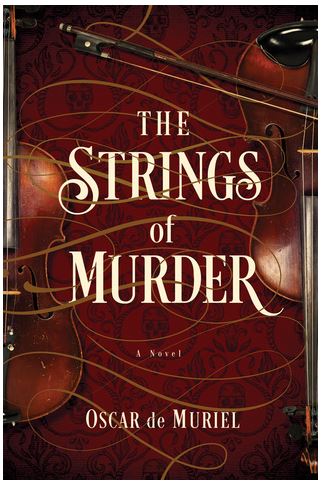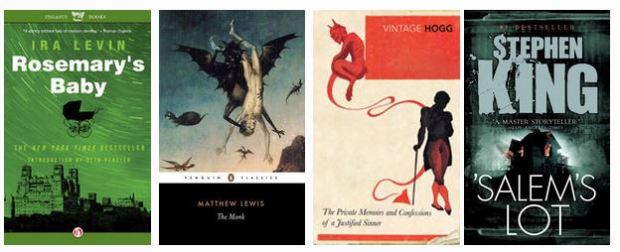I found these two literature loving apps recently. I wanted to try them out for a little bit before sharing my thoughts (I don’t use my phone for more than telephoning, twittering, audiobooking, and spotifying, so there was a near possibility I would lose interest).
Serial Reader
This app’s mission is to help you read those classics you always wanted to crack, but the idea of dedicating huge swaths of time to conquering Moby-Dick is a hard one to overcome (although, I am an evangelical for the greatness of this novel and now that US publishers insist all novels be 500 pages, this great beast is not so monstrous anymore).
You choose which book or books you are interested in reading and everyday the app delivers a short nugget of the text. Each section is called a serial and besides easily digesting these 9-13 minute sections, the experience is akin to the way readers used to experience fiction when books were serialized in magazines.
Serial Reader is free, but there is a premium version with a few nifty extra features. Once I read through my first book, I’m sure I’ll ante up the $2.99, if anything as a donation to the creator. The app itself is stable, easy to figure out, and crisp. I really appreciate the lack of fuss.
I’m currently reading The Castle of Otranto, which is perfect for serialization. It is an overwrought, glorified soap opera of a novel and receiving daily short chunks is making the reading experience even more engrossing. I can also see Serial Reader’s advantage with texts that have more difficult language; it allows the reader to focus on a portion instead of being overwhelmed by several hundred pages.
COMPLETELY RECOMMEND
Litsy
It would be reductive to define Litsy as Goodreads meets Tumblr. Although, it does crib general ideas from both platforms. I love Goodreads, I find it very useful to keep track of what I’m reading and how long it takes to finish a book. Occasionally, I appreciate its algorithmic recommendations. With Tumblr, I am less enthused. I still don’t understand its appeal and consider it a sewer.
So, going in to Litsy I was skeptical because of the latter.
Its user base is not nearly as large as Goodreads, but still has a plentiful base, which includes both individuals and well-known publishing houses. The snippet sharing that is common on Tumblr is far more enjoyable on Litsy. Many of the users have interesting and helpful thoughts about books and for this, the app succeeds at being a venue for finding new reads.
It’s not entirely easy to find new users to follow and can be a little clumsy when it comes to user interaction, but overall, an enjoyable bit of literature love. In the very least, it’s a suitable time waster and it is filled with content that far exceeds the ephemera that makes up Tumblr. It’s not a super-platform like Goodreads, but this isn’t really the intention. It does, however, serve as another place for readers to find recommendations for books that might otherwise elude Goodreads’ algorithm. Also, because the user base is smaller, it’s easier to tame the reviews for a book that would otherwise have thousands on Goodreads.
(It’s free and brought to you by the people behind the Out of Print clothing company.)
RECOMMEND













![MP900382748[1]](https://acidfreepulp.wordpress.com/wp-content/uploads/2012/03/mp9003827481.jpg?w=300&h=214)

 For the frequent readers of this blog, you know that I’m located in the Big Apple. Because I live in NYC, I’m lucky to be exposed to many great cultural shenanigans–especially, writerly events. However, this post will be different.
For the frequent readers of this blog, you know that I’m located in the Big Apple. Because I live in NYC, I’m lucky to be exposed to many great cultural shenanigans–especially, writerly events. However, this post will be different.

